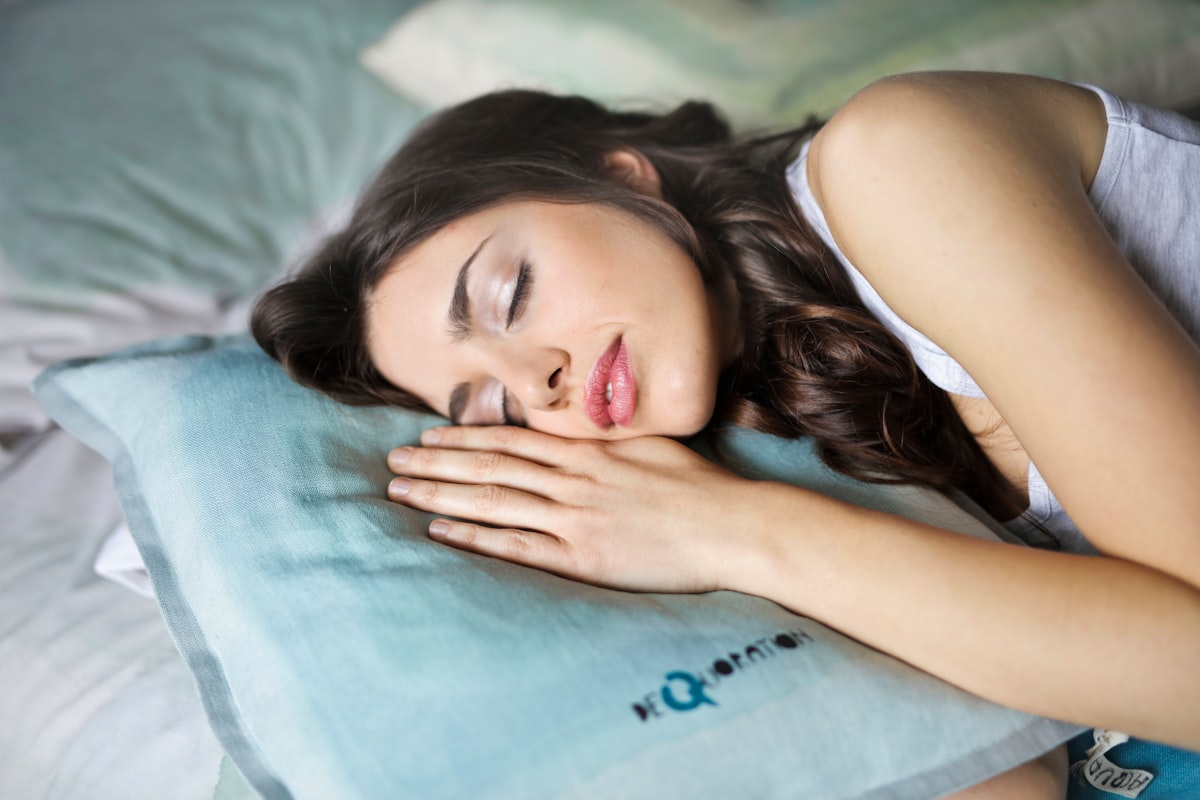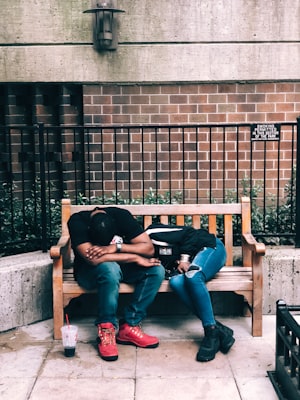Content Summary
Sleep apnea is a sleep disorder characterized by pauses in breathing. When these episodes occur, it is referred to as an apnea - meaning "without breath". The severity of the condition can be determined by how long the episodes last.
There are two types of sleep apnea - Central and Obstructive - both of which cause serious health complications if left untreated. Let’s explore what exactly sleep apnea is, its causes, and the available treatments for this condition.
What Is Sleep Apnea?
Sleep apnea is a common sleep disorder that affects millions of people worldwide. It occurs when you stop breathing during sleep due to either obstruction or neurological issues. This causes oxygen levels in your blood to drop, which then triggers your brain to wake you up so that you can resume breathing.
While this can happen many times throughout the night, most people with sleep apnea don’t even realize they have it until they visit their doctor or receive reports from other individuals who have witnessed them snoring or having difficulty breathing while asleep.
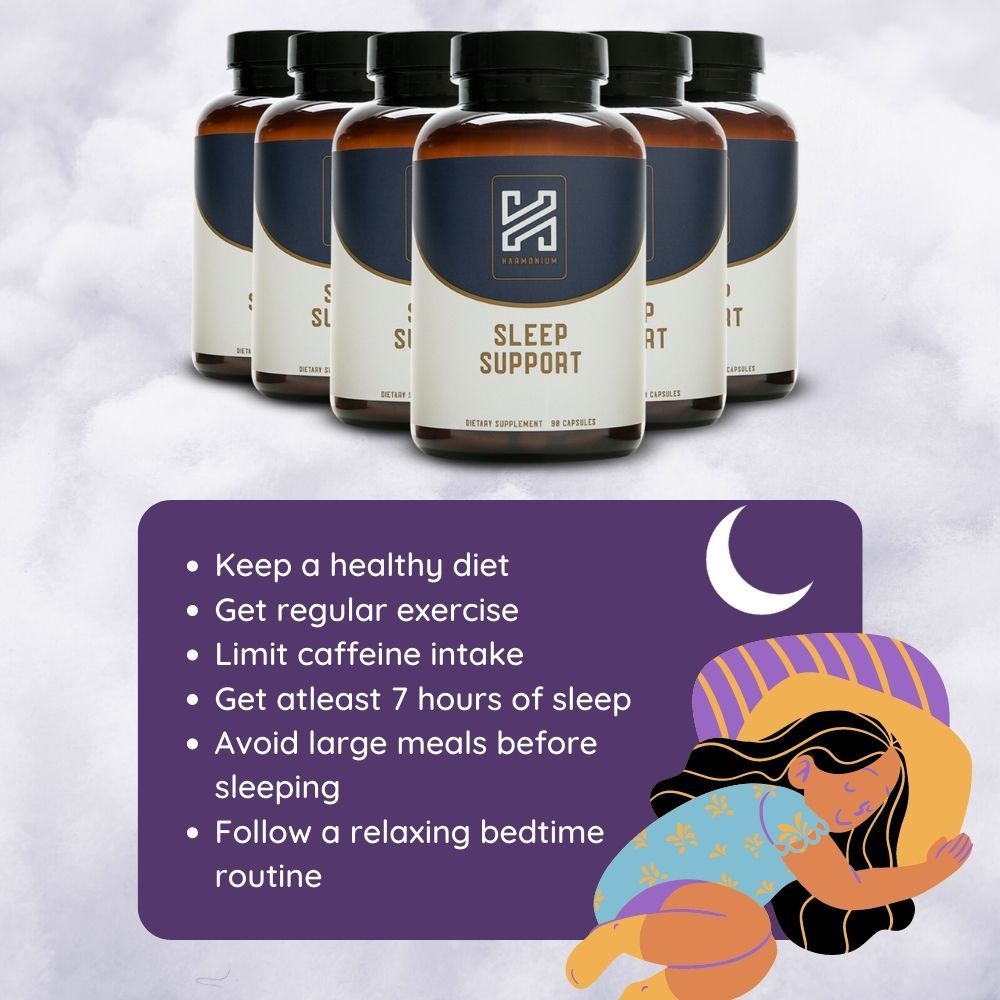
Am I At Risk For Sleep Apnea?
Did you know that many times people can avoid having sleep apnea? If you are someone that experiences shortness of breath when you wake at night, you may actually have a form of sleep apnea is that much rarer called central sleep apnea.
This condition is one in which the brain fails to tell your muscles to breath. Nevertheless, the more common type of sleep apnea is that of obstructive sleep apnea. In this situation, individuals have something blocking their air ways
and although they are trying to breath, they can’t do it.
But, what makes you a candidate for this condition? There are actually several things that could be causing you to face this illness.
• Overweight. If you are overweight, excess weight may be playing a role in the problem. If you have extra weight that develops around the upper airway of your body, you may face obstruction in your breathing which can lead to sleep apnea. Although you may not be overweight, if enough weight develops in this specific area you may be effective (you don’t have to look overweight to have to deal with it.)
• The Size of Your Neck. Those that have a larger sized neck may also fall victim to sleep apnea. If you have a neck that is larger than 17 inches in its circumference, then you have an increased ability to have sleep apnea.
• Narrow Airway. For some people, a narrow airway is just a natural thing and can even be a hereditary condition. In addition, if you have tonsils or adenoids that have become enlarged, you too may be more at risk of developing sleep apnea. These can block the air from flowing easily.
• It is more likely that older people will experience sleep apnea over younger people.
• More men will fall victim to sleep apnea then women will. If you are a woman and are overweight, though, you do have more of a risk than someone that is not overweight. Sleep apnea is an important condition to have examined.
If you have these risk factors and realize that you have some of the symptoms that can lead to sleep apnea, it is essential to talk to your doctor about it. Many times people do not realize that they could be facing a condition that is vitally important to handle.
The Causes of Sleep Apnea
The most common type of sleep apnea is obstructive sleep apnea (OSA), which accounts for about 80-90% of all cases. This type occurs when your airway becomes blocked during sleep due to physical obstruction such as weakened muscles in the throat, poor jaw alignment, enlarged tonsils or excessive tissue around the throat; though certain medical conditions like diabetes and heart disease can also increase your chances of developing OSA.
Central Sleep Apnea (CSA) on the other hand is caused by neurological issues such as stroke or brain injury that prevent normal breathing signals from being sent from your brain to your body while you’re asleep.

What Are The Symptoms Of Sleep Apnea?
When it comes to sleep apnea, it is something that worries many. The fact is that many people are not sleeping correctly or that they sleep for a full eight hours and wake up feeling as if they didn’t sleep at all. Sleep apnea can be the cause of this.
More often then not, you won’t know that you have this condition but will go to see your doctor because you are just tired all the time. Many people find themselves shocked to hear that something was wrong with their actual sleeping patterns. In fact, many don’t realize that anything at all is happening to them.
What are the Symptoms You Should Look For?
No matter what type of sleep apnea that you have, obstructive or central, your symptoms are likely to be about the same. This can make it a bit more difficult to determine what type of apnea you actually suffer from. Here are some of the symptoms that you are likely to be facing.
• Hypersomnia. You may be tired during the day even though you have slept through the night.
• Snoring. One of the most common symptoms that most people face is that of snoring. There is no doubt that snoring can be tiresome, but it can also be a sign of something much more serious. If your snoring wakes up your spouse, then it is time to talk to your doctor about it.
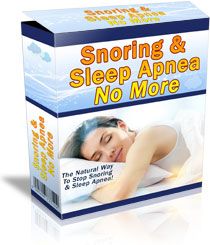
• Morning headaches. These are another common sign of sleep apnea.
• Breathing Cessation. You may actually observe or notice yourself waking up for no reason in the middle of the night. Or, someone else may notice that you are doing this. Again, your spouse is a great help in spotting this condition.
• Dry mouth. Often, those that suffer from this condition will wake up with the feel of a dry mouth or even a sore throat.
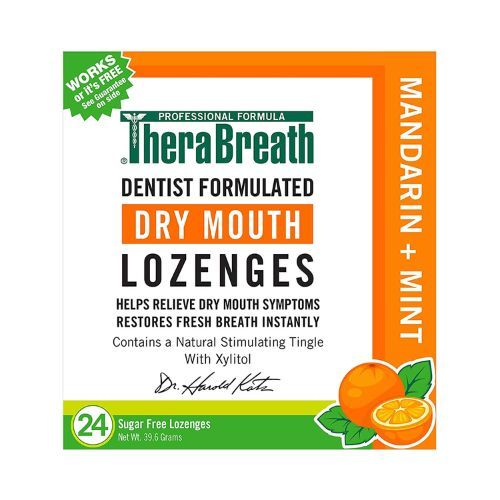

• Insomnia. Many of those that suffer from sleep apnea have insomnia or the condition in which they just can not fall asleep and stay asleep. There may be nothing else causing this to happen.
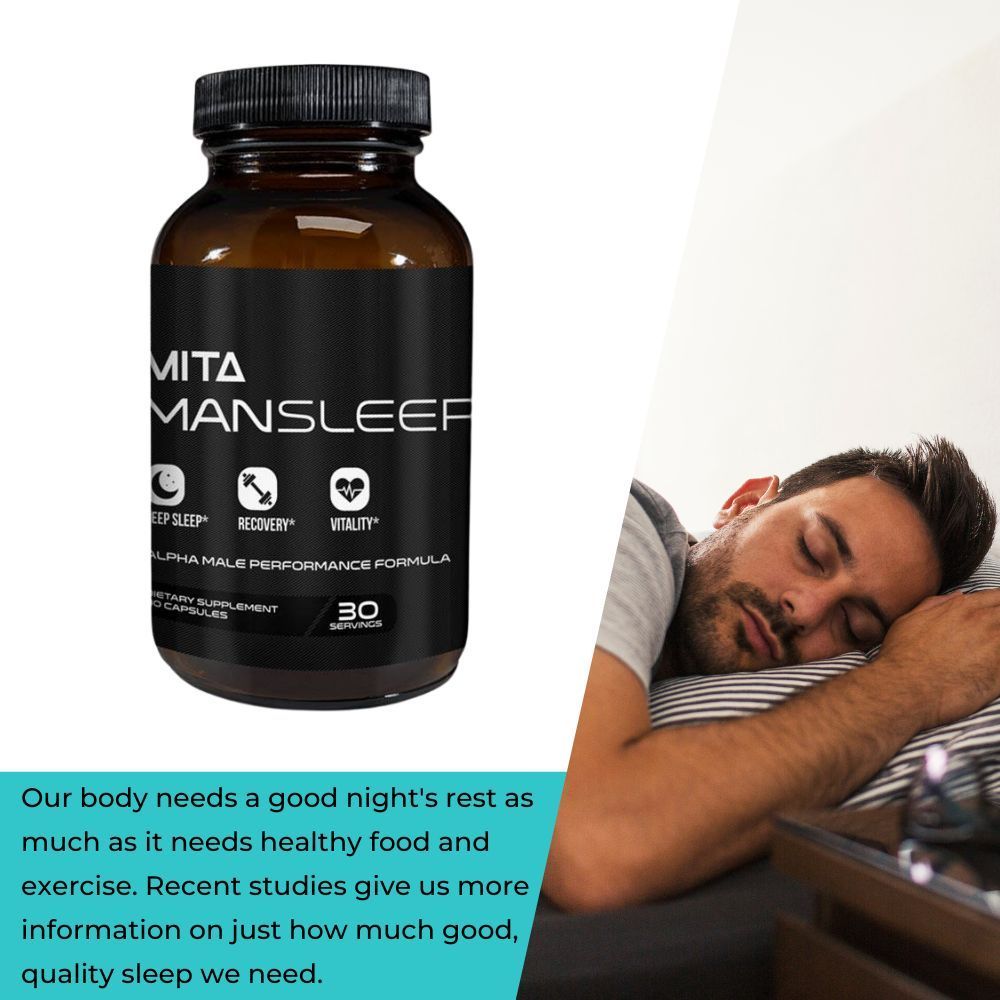
If you wake up with a shortness of breath, it is likely that you will be facing central sleep apnea. If you are more commonly snoring loudly, this is characterized by obstructive sleep apnea. Nevertheless, if you face any of these problems, it is necessary to talk to your doctor about your condition as soon as possible.
How To Treat Sleep Apnea
Fortunately, there are many ways to treat both Central and Obstructive Sleep Apneas depending on the severity of your condition. For mild cases, lifestyle changes such as avoiding alcohol and sleeping in an upright position may help improve symptoms.

In more severe cases, Continuous Positive Air Pressure (CPAP) machines may be necessary to ensure continuous airflow throughout the night while sleeping with a mouthguard may help keep your airway open if OSA is an issue. Surgery may also be recommended depending on what’s causing your symptoms but should only be considered after trying non-invasive methods first.
No matter what kind of treatment you opt for however, it’s important to make sure that you continue monitoring your health closely with visits to a doctor who specializes in treating this disorder so that any potential complications can be caught early on and treated accordingly.
Why Do I Have Central Sleep Apnea?
Central sleep apnea is a condition that many people face and it can be quite alarming. In fact, just being told that you have this condition may be very scary. What do you mean you don’t breathe while you are sleeping? That may be what you say right to your doctor.
The fact is that during this type of sleep apnea, the conditions are often more serious than with obstructive sleep apnea. In fact, it is often important to realize that if you do have it, it is necessary for you to take actions to correct or manage it successfully.
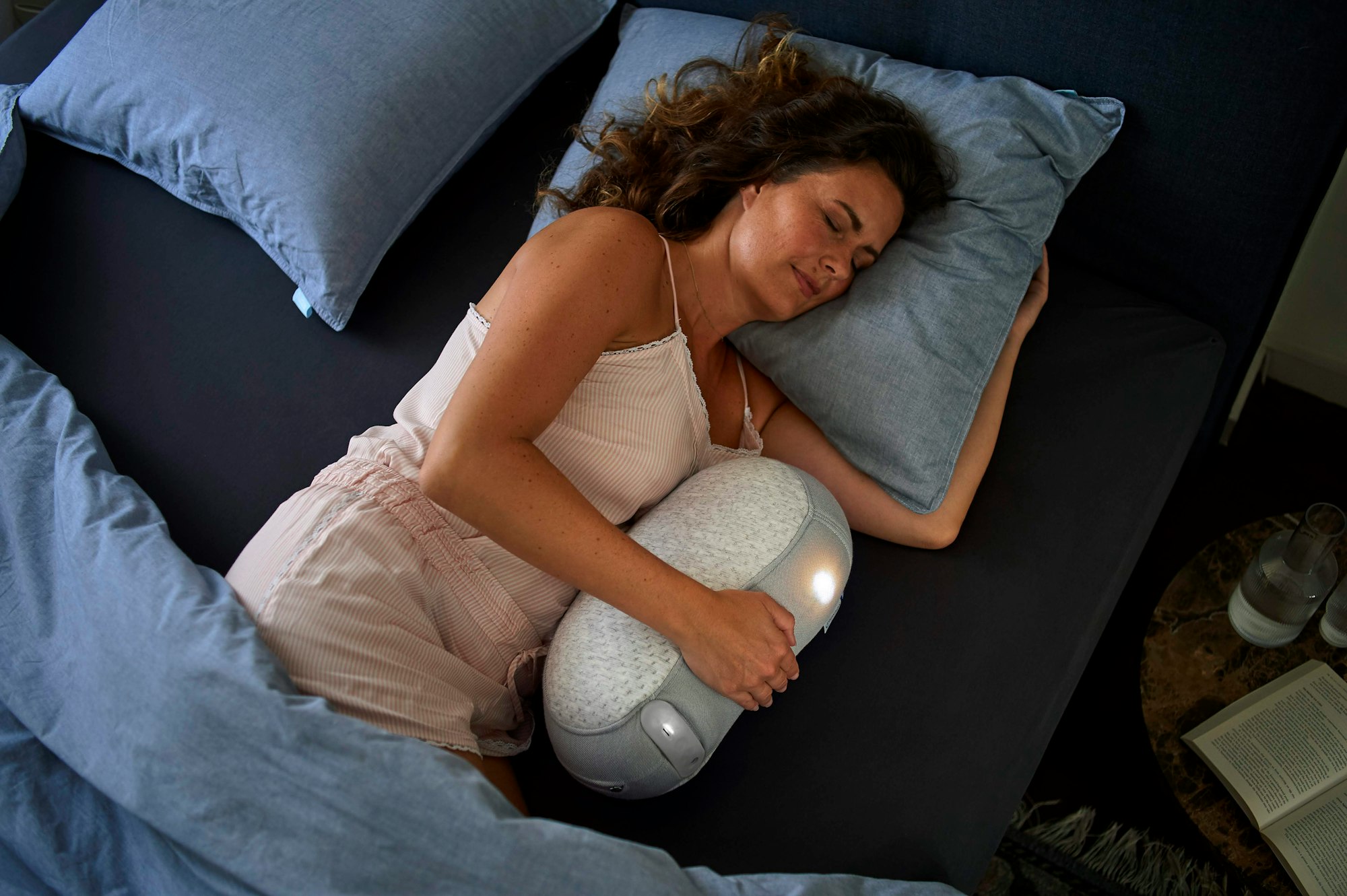
What Happens During Central Sleep Apnea?
During central sleep apnea, your body lacks that effort to breath. Unlike obstructive sleep apnea, the body doesn’t have anything that is blocking it from taking air in. In fact, it doesn’t have any problems with the airways. Rather, the body has a problem telling itself to breath.
Central sleep apnea is much, much less common then that of obstructive sleep apnea. In this type of sleep apnea, your brain is where the problem lies. As you know, the brain controls all of the necessary movements and systems in your body.
Even when you are sleeping, your brain is working to control things like your breathing. But, when you suffer from central sleep apnea, your brain is making the mistake of not telling your body to breath. Rather, it is not transmitting the necessary signals to your muscles to breath.

When this happens, you wake up feeling like you are out of breath. You may feel like you can’t catch your breath. You may face some pretty serious headaches when you awake as well. There are other symptoms that can be found too, but most often the fact that you remember waking up and feeling as if you can’t catch your breath is a warning sign that many doctors take very seriously.
If you have been told that this is a possible cause of your sleeping problems, it is time to talk to your doctor about it. In addition, if you face any of these conditions and remember waking up and experiencing that shortness of breath, it is important that you seek out medical help as these can worsen making sleeping near impossible to do.
Treatments for Central Sleep Apnea
If you have been diagnosed with central sleep apnea, then you already know just how serious your condition is. In this type of sleep apnea, your brain does not function as it should while you are asleep. It does not communicate with your muscles that they need to breath and that will cause you to wake up. When you do awake, you are likely to feel a shortness of breath.
When this happens several times per night, it is important to talk to your doctor about the possible reasons behind it. If in fact central sleep apnea is the cause, then the doctor will work with you to find the right solution.
There are a number of different things that can be done to help improve your quality of life and minimize your risks of further problems. Although the treatment options for central sleep apnea are much less, they can work for those that need them.

• Medical problems treated. Since many times this type of sleep apnea happens due to some other medical condition it is necessary for those to be improved in order for the sleep apnea to be reduces. If you have such things as heart or neuromuscular disorders, getting help for them will improve your sleep apnea.
• Adding Oxygen. Another benefit that can be administered is that of increase oxygen. Your doctor may recommend having you have a supplemental form of oxygen added to your sleep. This will be done in one of various methods, as determined by your condition and by your needs. Here, they will force oxygen into the lungs, keep them full of the air that is required.
Portable CPAP Machine Sleep apnea Therapy Device Long Time Working
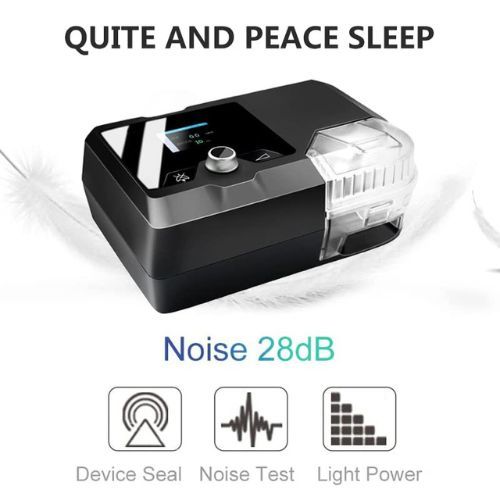
• Positive airway pressure. This can be needed too. In this case, you may wear what is called a CPAP machine which will force a higher pressured air into your airways. This will keep the airways open and encourage your lungs to have the necessary oxygen that you need. Those that are suffering from central sleep apnea should take care in what the doctor requires them to do.
Although it may seem difficult to wear a mask or it may seem like too much trouble to deal with oxygen at night, it is the difference between life and death in many cases. Therefore, it is well worth it and in most cases, people will find ways to deal with it so that it becomes no problem at all.
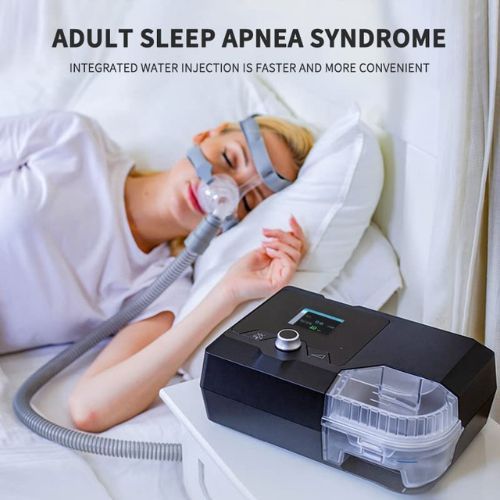
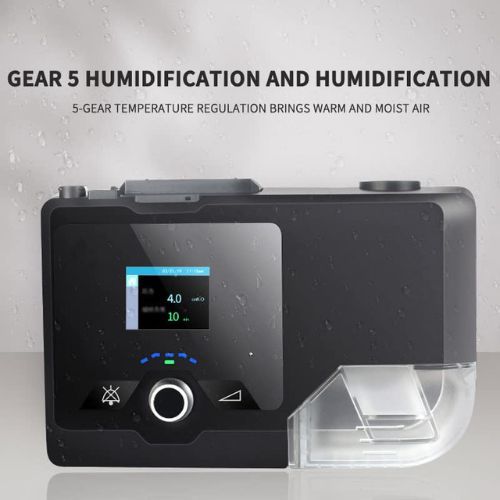
What Is Causing My Obstructive Sleep Apnea?
Are you having episodes of waking up at night? Is your spouse considering kicking you out of bed because your snoring has gotten so loud? These are signs and symptoms of obstructive sleep apnea.
Although it will take a trained doctor to tell you if you do in fact suffer from this condition, it is still something that you may find yourself facing. If and when that happens, it is necessary for you to consider seeking out the help of a doctor to determine what the necessary next step is. One thing that most that have been told they may have this are wondering is just what is it that causes sleep apnea?
There could be several things that cause this condition to effect you.
First of all, the causes for the condition have the same result. In obstructive sleep apnea, the muscles that are located in the very back of your throat relax. What is important to know is that those muscles are actually responsible for supporting the soft palate, the piece of tissue that hangs from the soft palate which is called the uvula and the tonsils and tongue as well.
When this happens to you, your airway is closed off or narrows too much. When you breathe in to take a breath, you can’t bring that air into your body and that causes your breathing to stop for that moment. When you miss the breaths that your body requires, your level of oxygen drops considerably and that alarms your brain.
To handle this problem the brain tells you to wake up to handle it. In most cases, you will wake up for such a brief second that you don’t remember that you even did it. Sleep apnea of this type of can happen to you over and over again during the night.
In some cases it will happen 10, 20 or even 30 times per hour all night long. As you can imagine there is no way for the body to reach deep sleep which is how your body actually rests and becomes recharged. When you can’t reach this level of sleep, you probably will wake up and feel as if you didn’t sleep at all. Many will find themselves feeling tired during the day too.
What Can Sleep Apnea Do for You?
If you have sleep apnea, you may think that the only thing that can happen to you is that you wake up for no real reason and you find yourself unable to get a good night’s sleep. But, this is far from the only thing that can happen to you when you have sleep apnea.
In many ways, it can worsen or cause complications that are life threatening. For this reason, if you feel that you may be suffering from this condition, you really should get to a doctor whenever it is possible. Sleep apnea itself is considered a serious condition that requires help and treatment.
There are a number of problems that can come of it. One of the most important things to know is that sleep apnea can cause cardiovascular problems. This is actually due to the low levels of oxygen that you in your blood because your body stops breathing for those seconds.
It also increases your blood pressure and therefore strains your heart and the rest of your cardio system. If you have other heart problems, sleep apnea can lead to sudden death that comes from your heart’s stopping. If you have central sleep apnea, this actually could be caused by heart disease. Of course, being tired all day can also be a complication of sleep apnea.
If you do anything that requires attention, you may not have enough attention to accomplish the tasks correctly. You may have problems concentrating and problems staying awake. You may also seem to always be in a bad mood because you are irritable.
Other complications that can come of sleep apnea include the fact that you are likely putting yourself at risk if you need to have surgery as anesthesia can be seriously messed up. Of course, most that do in fact have sleep apnea snore quite a bit.
This can keep their partners awake during the night keeping them with all the same problems as the other. As the largest concern of those that suffer from sleep apnea is that of a cardiac event, it is important for you to take head and get to the doctor.
It is necessary for you to find out if in fact you have this condition and how you are going to face it. The good news is that those that get help for sleep apnea often sleep the best they have in their lifetime and also have lowered blood pressure because of it.
Conclusion
Sleep apnea can have serious consequences if left untreated as it causes oxygen levels in the blood to drop repeatedly throughout the night which can lead to daytime fatigue and other serious health problems over time if not addressed properly.
Fortunately there are many different treatments available depending on what type of sleep apnea you have - ranging from lifestyle modifications all the way up through surgery depending on how severe your case is - so it's important that anyone experiencing symptoms seek medical advice from a specialist so they can get back on track towards better restful nights!

